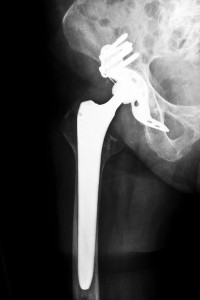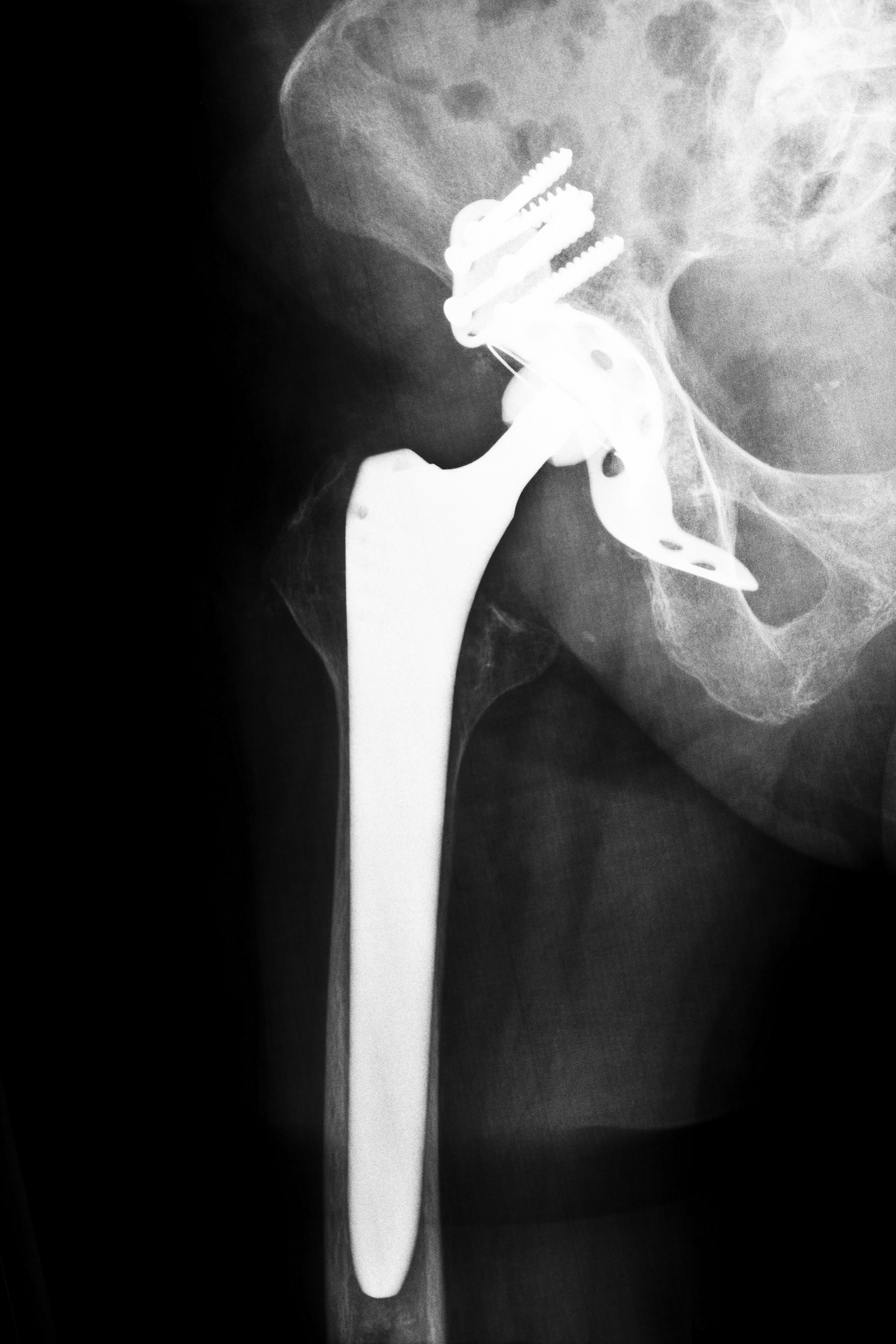
Should or shouldn’t you consider the metal on metal hip replacement?
Hip joint wear and tear can result in pain and stiffness and sometimes, difficulty while walking. When these symptoms aren’t significantly reduced by traditional treatments, such as physical therapy, you may be advised that you have either a total hip replacement or a hip resurfacing. A total hip replacement is commonly called a metal on metal hip replacement, in which both the ball and socket of the joint are made of metal. Metal on metal hip resurfacing is another type of metal on metal hip replacement where the cap of the bone is trimmed and capped with a metal covering. Damaged bone and cartilage are removed and replaced with additional metal parts.
The benefit of these sorts of ,metal on metal hip replacements is that there is less wear and tear when the metal ball and joint rub against each other than non-metal hip replacements. As well there is a decreased risk of dislocation and a decreased risk of fracture for this device, when compared to other types of hip replacements.
There are several unique risks with metal on metal implants that must be considered. One risk is that when the metal ball and cup slide against each other while walking or running, tiny pieces of metal can be released and there can damage to the bone and or the soft tissue, leading to pain. As well, there can be loosening of the metal parts even the possibility of complete failure of the devise. In this case, there will be a need for a revision surgery, a replacement of the device.
There was a study was completed using one type of metal on metal hip bearing and in which it was determined that there is no safe blood metal ion level that might help to predict function in these metal on metal hips. Both cobalt and chromium are metal ions that show up in blood as bio-markers. However, higher blood metal level ions of cobalt were widespread among those with poorer functioning hips, whether just hip resurfacing or larger total hip replacements.
The first line of treatment is prevention and immediate consultation with an orthopedic doctor, especially if you are having pain and stiffness while walking. As well, consider the long term benefit and risk of metal on metal implants when compared to other types of implants. Discuss your concerns with your doctor and together you can make this important decision!
[maxbutton id=”4″][maxbutton id=”2″]






